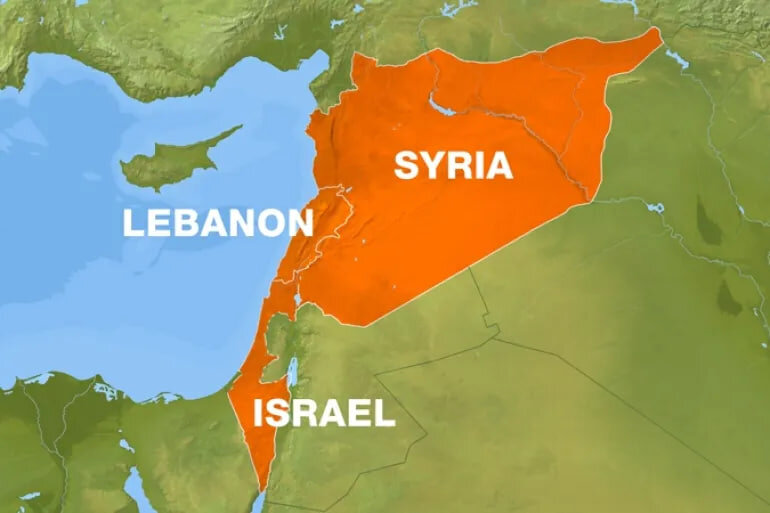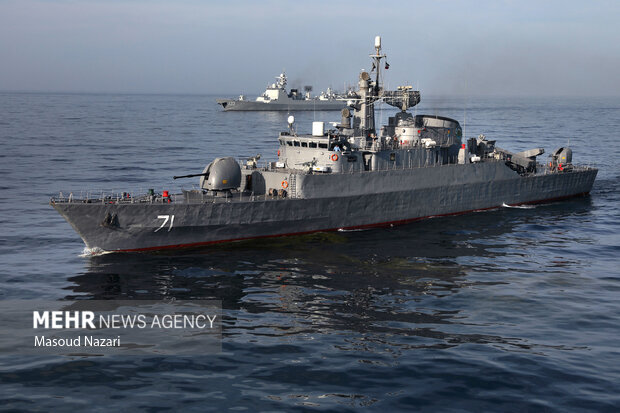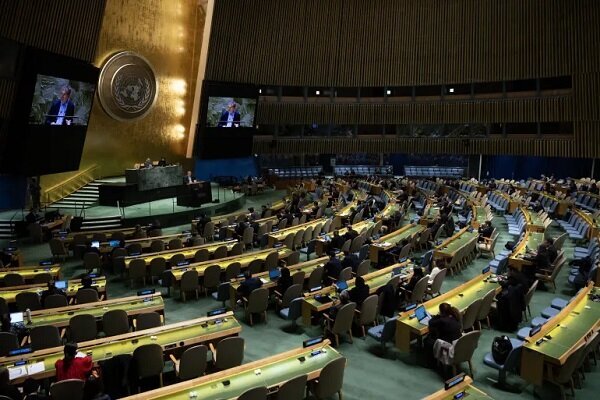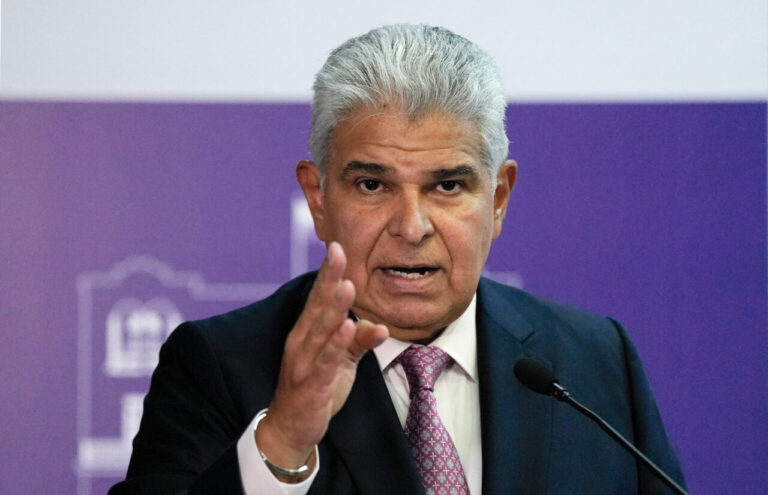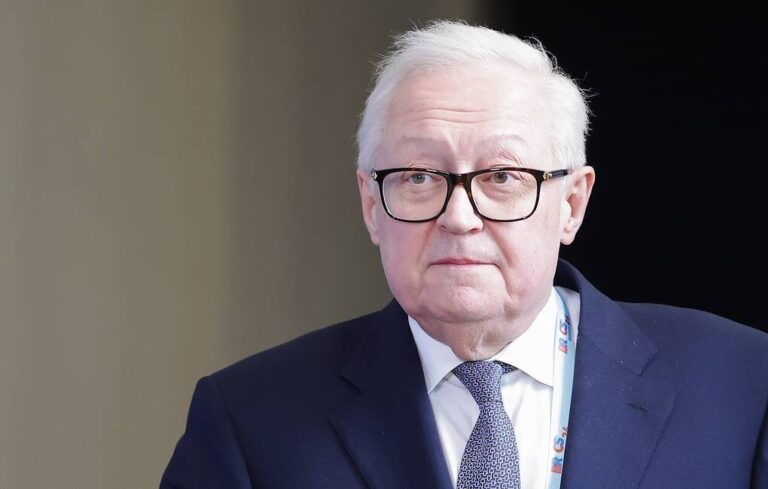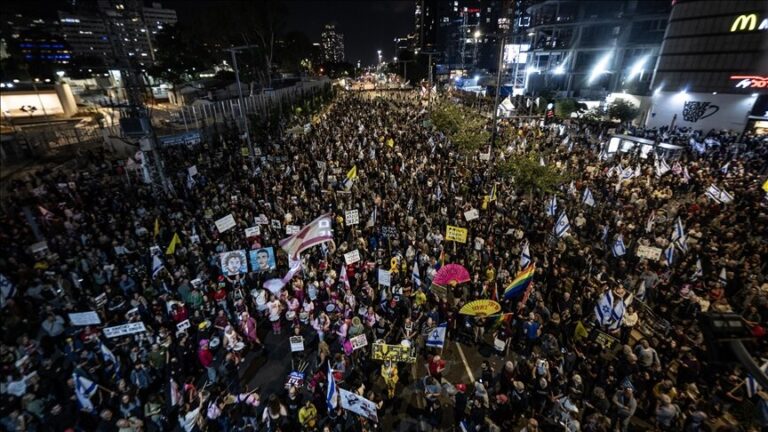Vital Insights: Key Lessons Lebanon Can Gain from the Ongoing Crisis in Syria
In recent developments regarding the ongoing tensions in West Asia, the situation surrounding “New Syria” has escalated, particularly with intensified attacks from Israel. This military aggression is framed under the guise of protecting the Druze community but serves to reinforce Israel’s broader strategy to expand its influence and destabilize the region. The implications of these actions pose a significant existential threat to Lebanon.
As the conflict unfolds, it’s becoming increasingly clear that the narrative suggesting Lebanon could have avoided war by not supporting Gaza is unrealistic. Multiple factors indicate that the targeting of Hezbollah and its allies was inevitable.
Key Points on the Current Situation:
- Confrontation with Hezbollah has been prioritized by Israeli political and military leaders.
- Syria’s regime has not opened the Golan front and has actively worked to cut off Hezbollah’s supply routes.
- Israel’s strategy appears to mimic its approach in Syria, viewing the Lebanese resistance as a hindrance to its ambitions.
The martyrdom of Hezbollah Secretary General Sayyed Hassan Nasrallah has reaffirmed his warnings regarding the fall of Syria. He predicted that such an event would lead to the encirclement of the Resistance in both Lebanon and Palestine. His foresight in identifying the threat posed by takfiri groups has also been validated, especially following the recent tragedies on the Syrian coast.
Iran’s Role in the Resistance:
Iran stands as the primary ally of Hezbollah and represents a formidable obstacle to Israeli objectives. Since the victory of the Islamic Revolution under Imam Khomeini, Iran has significantly influenced the dynamics of the conflict with Israel.
In light of these developments, the Loyalty to the Resistance parliamentary bloc has urged the Lebanese government to adopt a decisive and transparent policy regarding Israeli assaults. They emphasize the Lebanese people’s unwavering commitment to their “sovereign right to reject occupation” and to uphold national values aimed at defeating Israeli aggression.
An informed political source has revealed to the Tehran Times that the anti-Resistance factions in Lebanon are actively obstructing efforts to rebuild what was devastated during the American-led Israeli aggression from September to November. This obstruction occurs despite the Lebanese government’s capacity to initiate reconstruction efforts with an estimated budget of at least $1.5 billion.
Potential Financial Assistance for Reconstruction:
- The Iraqi government might consider transferring its savings from the Central Bank of Lebanon to a Lebanese body designated for housing reconstruction.
- However, the Lebanese government is reportedly ignoring this opportunity to gain political leverage.
- Former Prime Minister Najib Mikati has cited sanctions as a reason for rejecting Iranian support.
Despite Tehran’s offer to facilitate these donations through international institutions that are not subject to sanctions, such as the World Bank or the International Monetary Fund, Mikati has declined. Following the election of President Aoun and the formation of the current government under Nawaf Salam, there has been no inclination to engage in discussions with Iran due to their compliance with Washington and Riyadh’s directives.
Additionally, Hajj Hussein Khalil, a political adviser to the Secretary-General of Hezbollah, recently met with Salam to discuss the allocation of a loan approved by the World Bank for Lebanon. This loan, amounting to $250 million with an additional $75 million agreed upon during a Paris meeting, is earmarked for infrastructure projects rather than the reconstruction of homes destroyed in recent conflicts.
Reportedly, Samir Geagea has also met with Salam privately, expressing concerns about President Aoun’s perceived “monopolization” of the Christian political landscape. Geagea aims to form a ministerial coalition to curtail Aoun’s influence and achieve his objectives ahead of the next parliamentary elections, particularly regarding the control of arms in Lebanon and hindering the reconstruction efforts.
As the situation continues to evolve, the Lebanese government’s stance and the actions of its political factions will play a crucial role in determining the future trajectory of Lebanon amidst regional turmoil. The intertwining of local and international politics, coupled with the ongoing threats from Israel, makes it imperative for Lebanon to navigate these challenges with a strategic approach.
